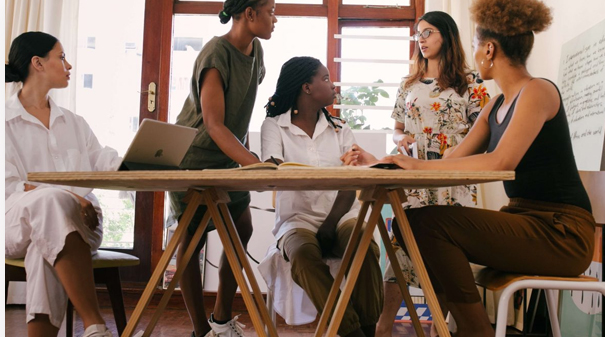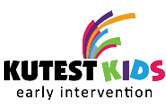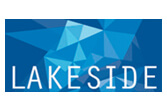
The IDI® is a statistically sound, cross-culturally valid assessment that measures an individual or group’s specific level of cultural competence. As part of the assessment process, individuals are asked to complete a 50-item, online assessment. Although the assessment is completed individually, the results can be disseminated both as a group or individual report.

By definition, implicit or unconscious bias is challenging to recognize and even when we do, most individuals are left without any idea what to do about it other than saying “sorry”. This workshop provides the understanding, knowledge and skill to understand, recognize and respond to various biases.

In reviewing concepts such as implicit bias, systemic oppression and intersectionality, this workshop helps people differentiate between individual versus systemic racism. Participants will identify how this shows up and impacts the organization and will begin to engage in challenging conversations.

This workshop builds on areas for growth identified in the IDI®, reviews Basic Intercultural Communication skills and introduces Intermediate Intercultural Communication skills to help individuals engage in challenging dialogue.

Building on skills acquired in the introductory workshop, this session will provide specific techniques for engaging differences at the group level. This is very useful for meetings, town halls and other group settings where conflict around cultural differences may arise.

This session guides participants through the difficult task of recognizing and working through microaggressions, which are everyday “slights” to people holding marginalized identities that cause them to feel excluded, othered and diminished in their professional capacity. It is designed to teach people how to repair interpersonal ruptures.

This workshop addresses the difficulty in recognizing practices and policies that clients and staff may find oppressive due to their systemic nature.







